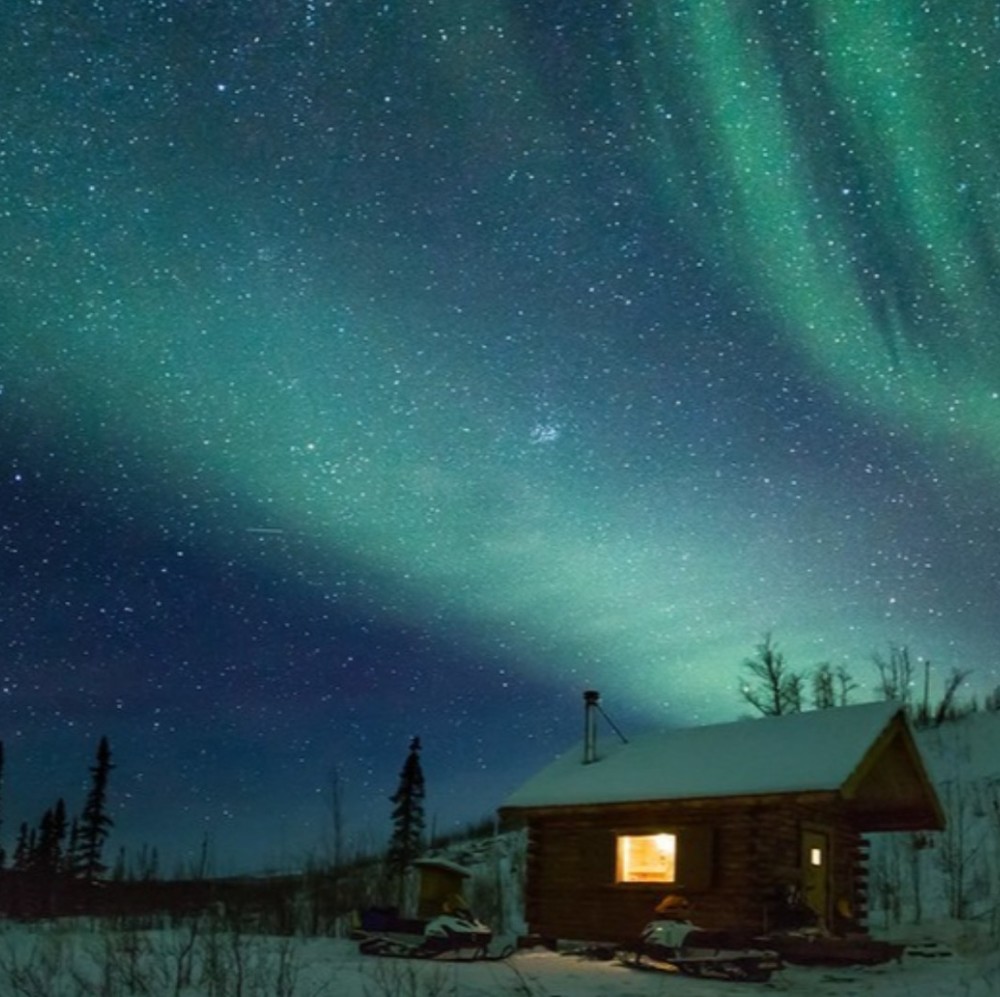
- Details
- By Jenna Kunze
Secretary of the Interior Deb Haaland arrived in Alaska Apr. 19 for her first official visit to the state since taking office.
On the first day of the week-long trip, Haaland met with Alaska Native leaders and local stakeholders in Anchorage to discuss the more than $138 million available to the state through the federal infrastructure law enacted last November, the Interior Department said. That money, the department added, includes $75 million for Alaskan communities to clean up “orphaned” oil and gas wells, with more funds to clear up a landslide in Denali National Park, reduce the risk of wildfires, revitalize abandoned mine lands, enhance fish migration, protect communities from flooding, and build climate resilience in tribal communities.
Alaska has the highest percentage of Indigenous people of any U.S. state, and almost 40% of the nation’s 574 federally recognized tribes are located there.
A spokesperson for the Interior Department could not confirm Haaland’s schedule for the week, but she is expected to visit Fairbanks, Seward, and Utqiagvik on the Arctic coast, a town of 5,000 people that is the hub of the North Slope region.
“Her goal is to come and listen and learn. It is not to announce policy,” Haaland’s communications director, Melissa Schwartz, told the Anchorage Daily News. “It is truly to have listening sessions and roundtable conversations and hear from people about the issues that are important to them.”
More Stories Like This
Native News Weekly (August 25, 2024): D.C. BriefsNavajo Nation Mourns the Passing of Former Vice President Rex Lee Jim
Deb Haaland Earns Endorsement From Communications Workers of America Local 7076
University Soccer Standout Leads by Example
Two Native Americans Named to Democratic Congressional Campaign Committee's“Red to Blue” Program
Help us defend tribal sovereignty.
At Native News Online, our mission is rooted in telling the stories that strengthen sovereignty and uplift Indigenous voices — not just at year’s end, but every single day.
Because of your generosity last year, we were able to keep our reporters on the ground in tribal communities, at national gatherings and in the halls of Congress — covering the issues that matter most to Indian Country: sovereignty, culture, education, health and economic opportunity.
That support sustained us through a tough year in 2025. Now, as we look to the year ahead, we need your help right now to ensure warrior journalism remains strong — reporting that defends tribal sovereignty, amplifies Native truth, and holds power accountable.
 The stakes couldn't be higher. Your support keeps Native voices heard, Native stories told and Native sovereignty defended.
The stakes couldn't be higher. Your support keeps Native voices heard, Native stories told and Native sovereignty defended.
Stand with Warrior Journalism today.
Levi Rickert (Potawatomi), Editor & Publisher


